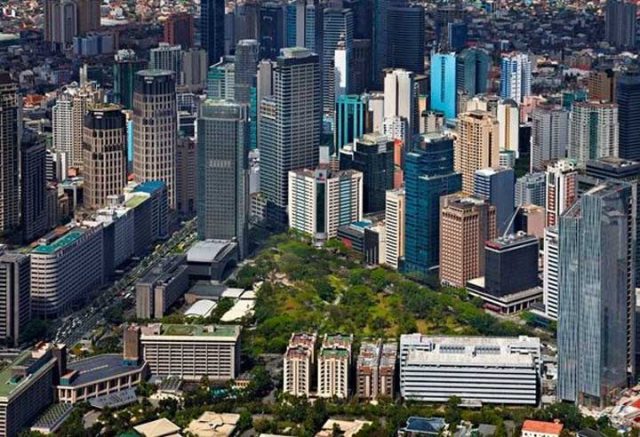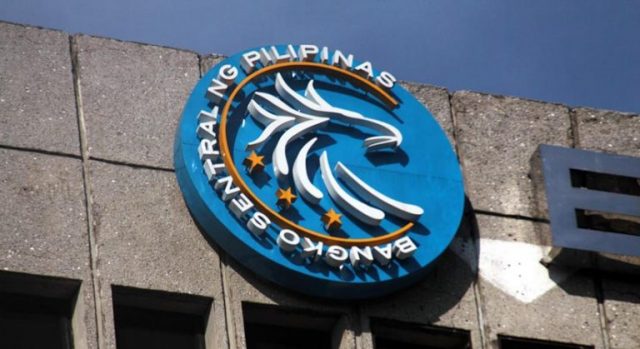Farmer groups told to directly import fertilizers
THE Department of Agriculture (DA) has called on farmers’ cooperatives and associations (FCA) to directly import fertilizers from international producers and suppliers in a bid to address the farm input’s high prices.
Agriculture Secretary William D. Dar said in a statement on Friday that urging farmers to import fertilizers will not only reduce prices, but will also allow them to sell the surplus to other farmers in their areas.
“This is a win-win proposition for farmers because they could negotiate for lower-priced fertilizers, and engage in trading that could give their respective FCAs additional source of revenue,” Mr. Dar said.
“By doing so, the FCAs would get first-hand experience in fertilizer importation and trading, and learn the logistical requirements. The DA through the Fertilizer and Pesticide Authority (FPA) will assist interested FCAs engage in this agribusiness venture — from registration, warehousing, to logistics and marketing,” he added.
Mr. Dar said FCAs are granted tax-free importation of farm inputs, including fertilizers, under Republic Act No. 8435 or the Agricultural and Fisheries Modernization Act of 1997.
In spite of this, FPA Director Wilfredo C. Roldan said only a few FCAs opted to import fertilizer despite being liberalized in 1986 and providing value-added tax (VAT) exemption to suppress the price increase.
Mr. Roldan said government data showed that the average price of imported fertilizers as of July 2021 was at $500 per metric ton (MT), higher than the $276 per MT average price from January to May this year.
“The Philippines is a net importer of fertilizers, at 95%, and thus is highly dependent on international market conditions. The country requires an average of 2.6 million MT of various fertilizer grades yearly,” Mr. Roldan said.
“Fertilizer prices on the average have increased by as much as 40.5% annually, depending on the grade, as a result of supply and demand in the international market,” he added.
Mr. Roldan said interested FCAs must apply for product registration and license to operate with the FPA before getting permission to engage in the trade and importation of fertilizer.
Interested importers should obtain a certificate to import samples of the product for analysis and pass the confirmatory analysis to be done by the FPA.
“FCAs eligible to apply for an importer license will also have to apply for importer, national distributor, and warehouse registration. The warehouse will also be subject for inspection by respective FPA regional offices,” Mr. Roldan said.
“After undertaking these requirements, the registered FCA may then import the products and even avail of duty-free benefits by applying for VAT exemption certificate that also serves as the import clearance at the Bureau of Customs,” he added.
Meanwhile, Mr. Dar said he is hoping that large FCAs and farmers’ federations would consider importing fertilizers.
“If FCAs are involved in fertilizer trading, they would know if commercial traders are overpricing fertilizers, at farmers’ expense,” Mr. Dar said. — Revin Mikhael D. Ochave










